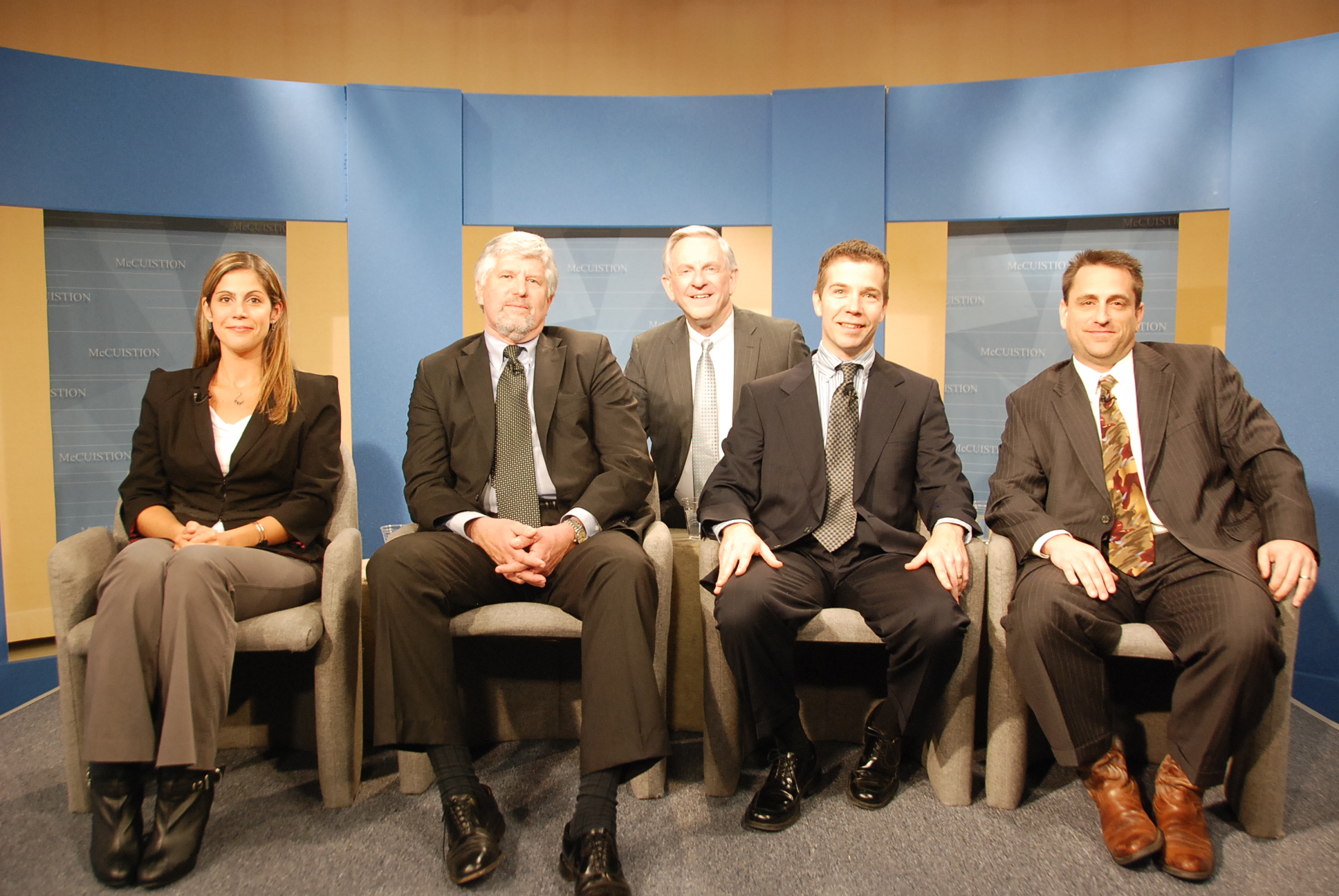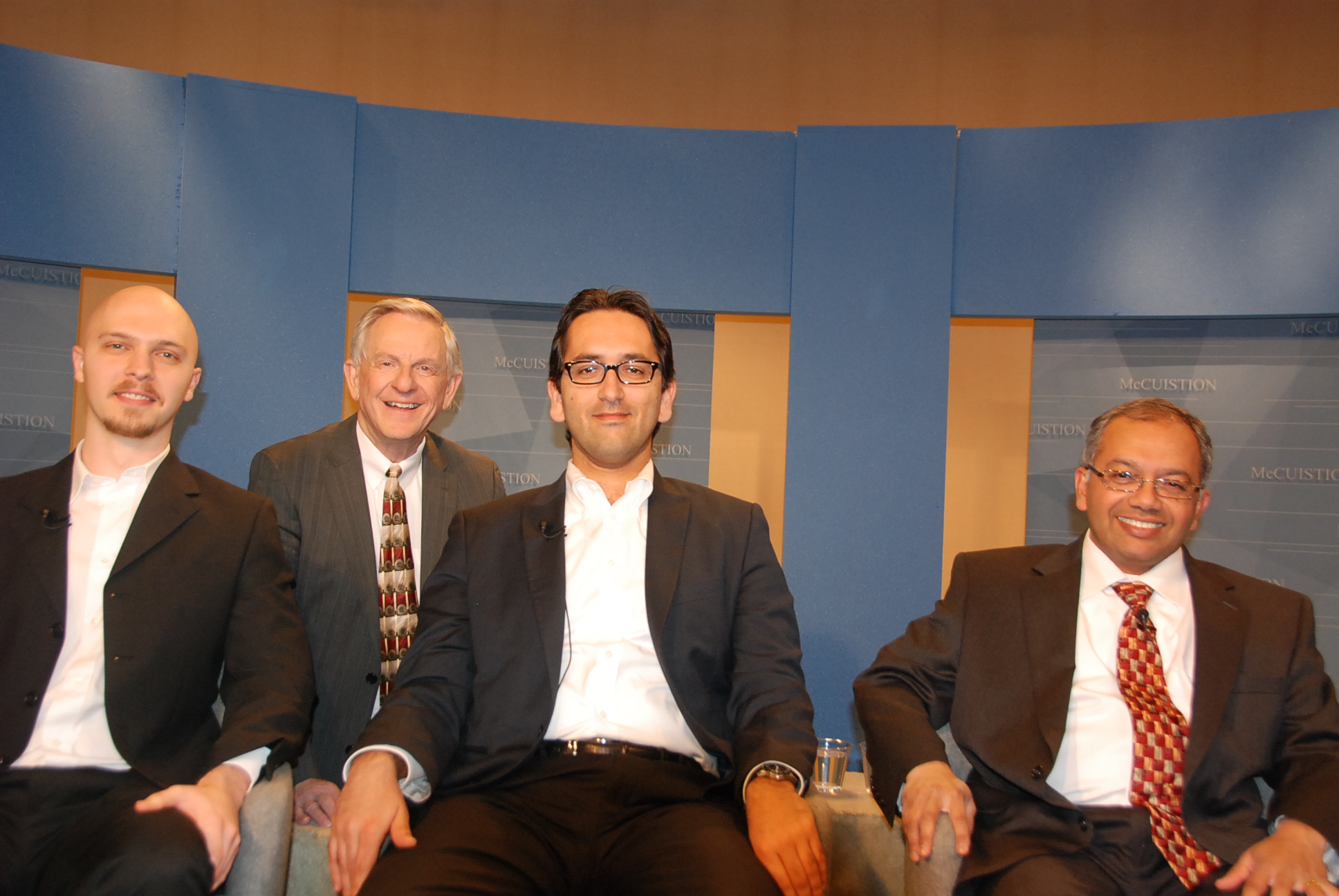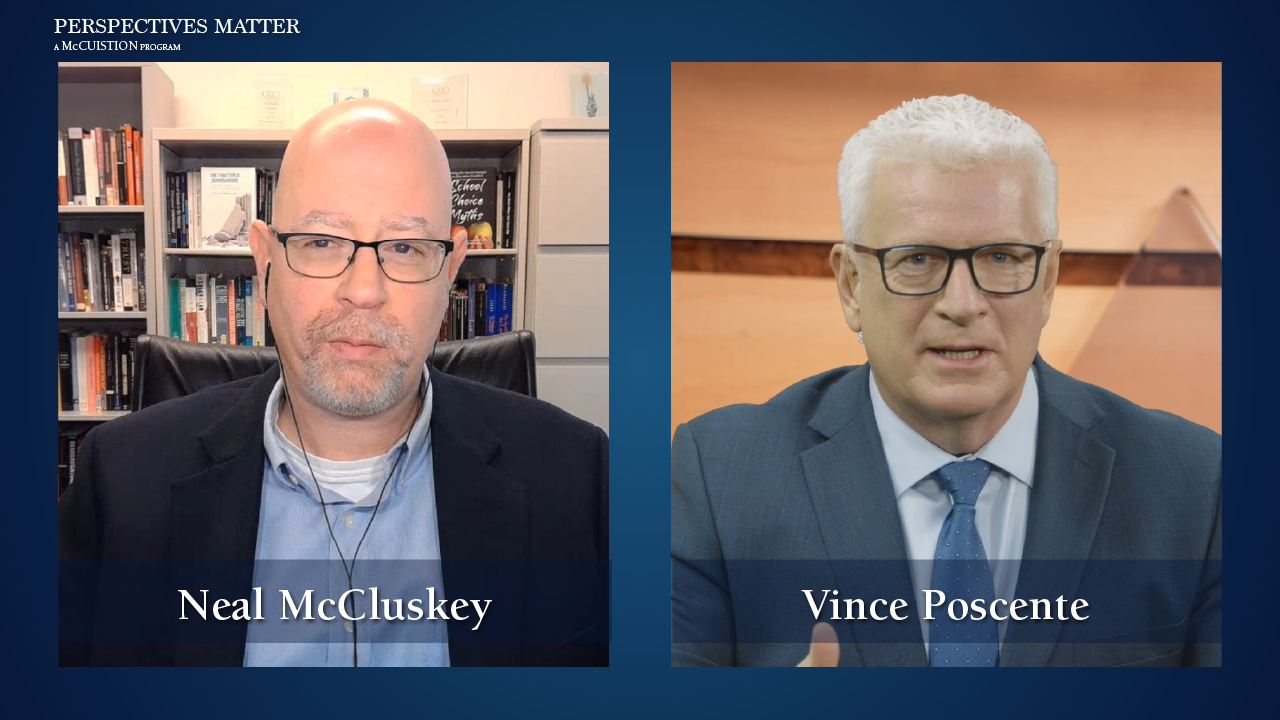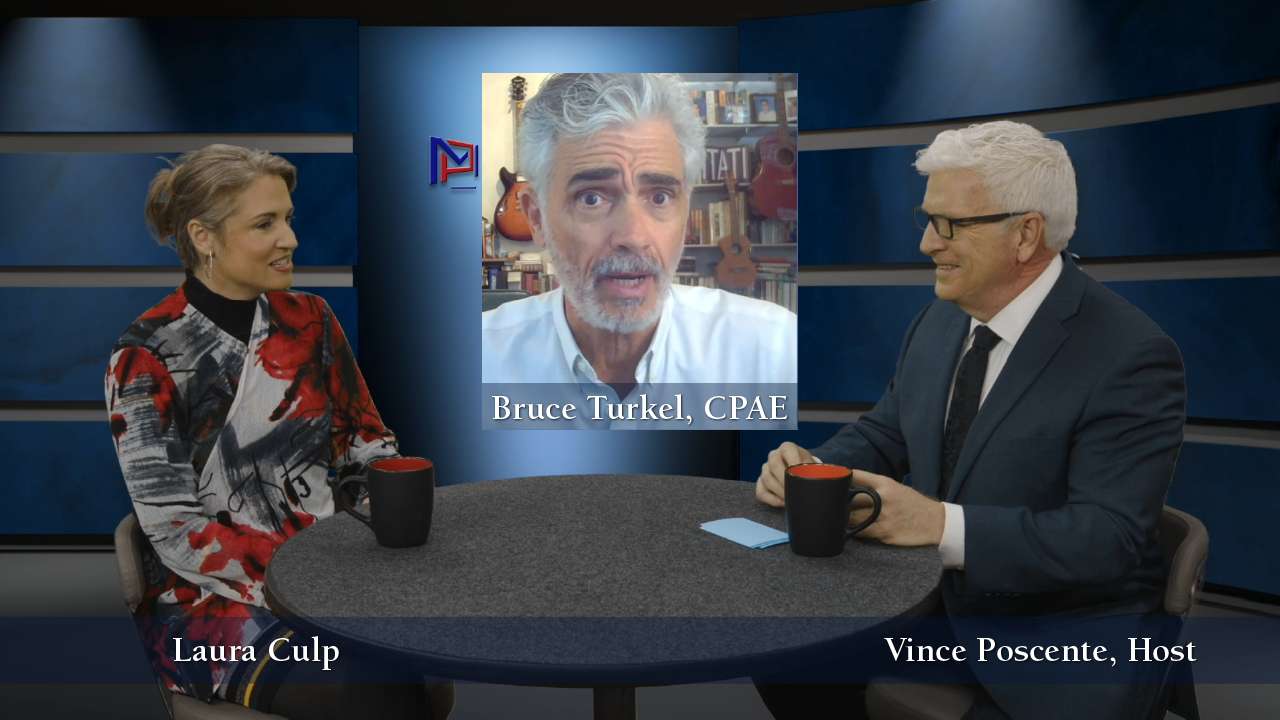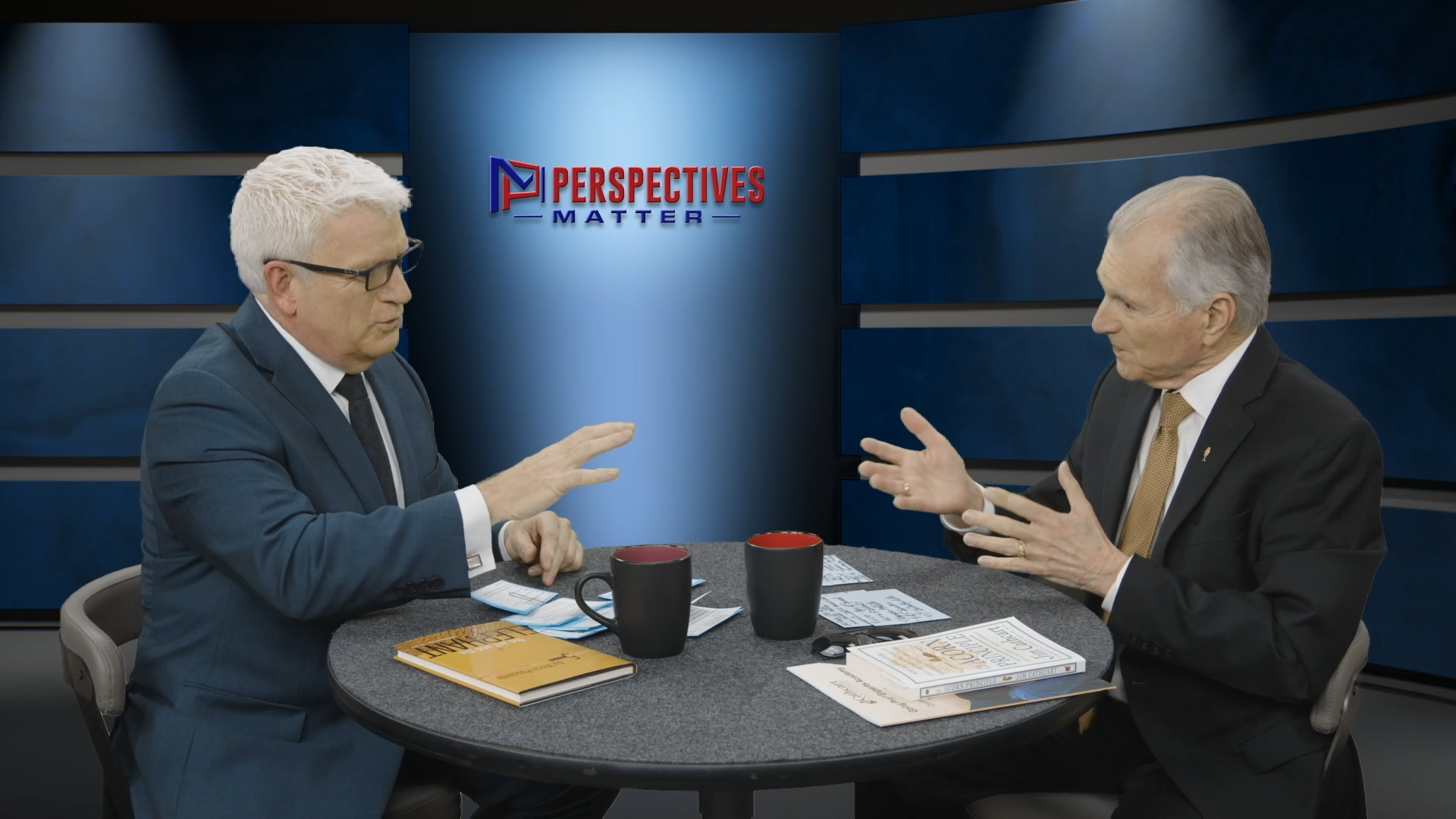In the new information age we are all faced with an increasingly challenging issue- we want technology; we want information now, at our fingertips. However, easier access for the individual means easier access to hackers who want what we are able to access as well- in our bank accounts and medical records, in business and government. These are two competing issues that are becoming increasingly problematic and costly.
Joining host, Dennis McCuistion are:
- Mitchell Adair – Vulnerability Researcher: Raytheon’s SI Government Solutions,
- Murat Kantargioglu PhD – Director: Data Security and Privacy Labs at the University of Texas at Dallas
- Sukumaran Nair PhD – Dept. Chair: Computer Science and Engineering, Southern Methodist University
From texting to banking, any time we use the computer we are at risk. Our daily lives, economy, and national security depend on a “safe and resilient” cyberspace. Yet, the more we rely on technology, the more vulnerable we are to hostile attacks. What is challenging is that computers now control much of the necessities we take for granted; our cars, cell phones, oil and gas power plants, airplanes and the list goes on, as almost anything humans touch has a computer system “powering” it.
The same information we access and the trail we leave makes it easier for those deliberately trying to take our information for their own use.
Mitchell Adair, “a white hat hacker”, is one of the good guys who deliberately attempts to get into systems, to see where the vulnerabilities are, and prevent attacks. Mitch says, “We use that knowledge to beat bad guys to the punch.”
Dr. Kantargioglu and Dr. Nair are continually working on the research that will enable us to be more secure, help prevent attacks and be less vulnerable. However, as the complexity and easy access to technology increases, the problem becomes even more acute. Openness versus control is a continuing debate, as we want protocols to be as open as possible. Yet there is a high price to pay for this ease of access from corporate security breaches, bank hacking, phishing and other social media fraud.
This program directly affects you. Tune in to find out what you need to do to stay, “relatively” safe as increasing technology and savvy increases our vulnerability to attack. And you may want to visit the Department of Homeland Security site for more information on this growing threat: www.dhs.gov/topic/cybersecurity.
As always we’re talking about…things that really matter. Follow us on Twitter and Facebook for more conversations on these issues.
Niki Nicastro McCuistion, CSP
Executive Producer/ Producer
Management Analyst, Speaker, Consultant
nikin@nikimccuistion.com
(214) 394-6794
***
2020 – 4.21.13


